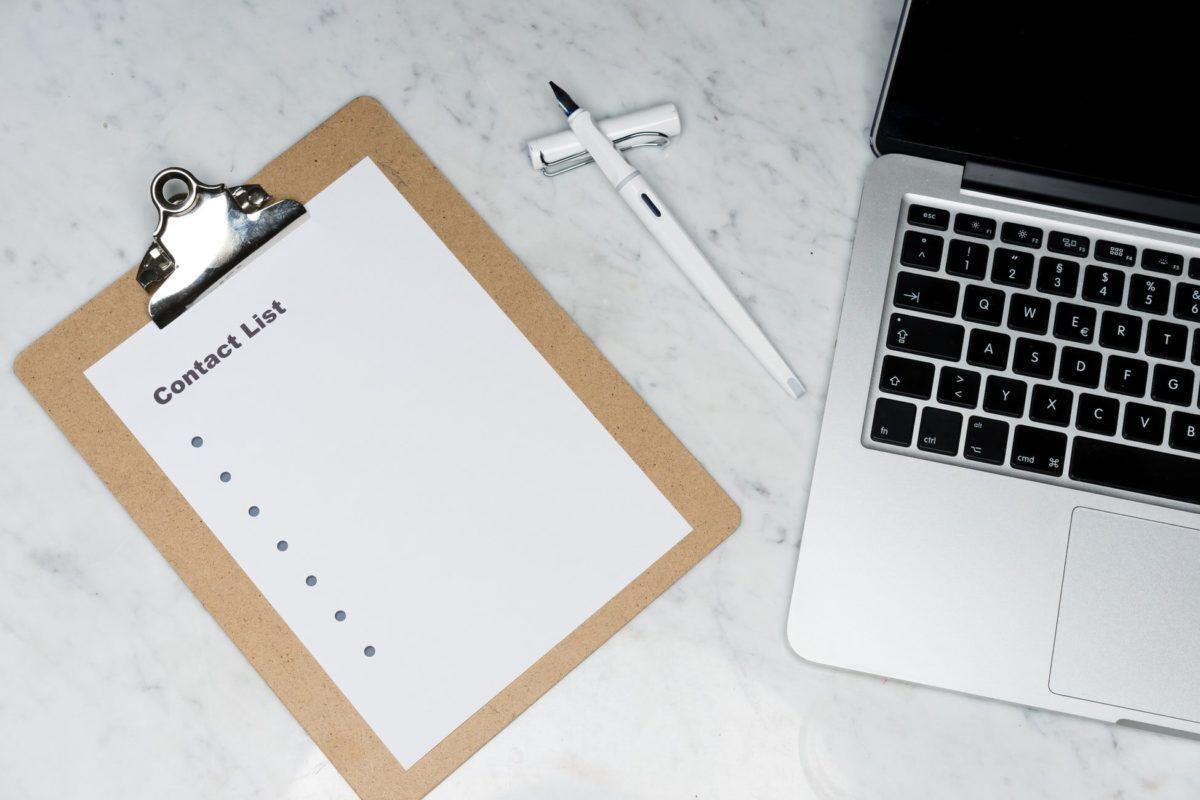If you are at a library, thinking of buying a book, and are browsing through the titles, would you try your chances with one that offers barely any information on its cover or one with good reviews spread throughout it? Of course, you might prefer to “not judge a book by its cover,” but realistically, you are more likely to enjoy reading a book that professionals have also rated highly, in contrast to one that may or may have not been reviewed at all or rated as not good.
Among the list of application materials consisting of resumes, cover letters, portfolios, and so on, employers and universities’ admission committees also often ask for a list of professional references, which can serve as those sentences that bring attention to book’s potential. You might still be wondering, what is a professional reference? What is an example of a professional reference? How valuable is it to a job application? Continue reading to find out answers to such questions and more.
What Is a Professional Reference?
Potential employers and universities will care about your experience, specifically your performance and skills beyond the ones you have included on the resume. The best way for these people to learn more about candidates like you who have applied to positions they offer is through professional references. But, what is a professional reference?
The term professional reference refers to a person eligible to provide valuable information regarding someone’s job experience and performance to another person looking to employ them or offer them some position. Typically, a previous employer, co-worker, professor, or mentor can serve as part of your professional references since they have worked with you and know about your capabilities, work ethic, and who you are as a professional.
Professional vs. Personal Reference
You might have noticed that some companies and universities require professional references among the documentation for job applications or university admissions, whereas others might require personal ones. When the type of reference is not specified, it is best if you provide the professional kind. So, what is the difference between professional references and personal kind?
You can notice the main difference between these two reference types in your relationship with the contacts you provide. Professional references include people who have worked with you and can speak directly about your work performance, habits, ethics, professional goals, and how you contributed to the work environment they provided for you. On the other hand, personal references are typically people you are close with. Although they might not know you inside a work environment, they help evaluate your overall character, including values, goals, and integrity.
Why Do Universities and Companies Ask For Professional References?
You might be aware of your strong points as a professional and even know how to best highlight them in resumes, but universities and companies will not always take your word for it. So, they often ask for professional references to confirm your accomplishments and skills, learn more about how you function as a worker or student and determine whether you would be a good fit for their team.
According to a survey conducted by the Society for Human Resource Management (SHRM), 80% of HR executives contact references for professional positions. Some reasons why they conduct such background and reference checks are:
- To avoid harm or legal liability to the employer and other employees
- To improve the quality of hire
- It is mandated by law or internal policies within the workplace
- To protect the company’s reputation
However, arguably, the main reason why companies and universities require and check professional references is so they can understand the applicant’s previous duties and experience.
How to ask for a reference?
It seems more difficult to find and ask someone to be a professional reference than a personal one, particularly if you haven’t worked with that person for a long time. However, the benefits outweigh the discomfort you might feel, so you’ll want to proceed with asking for a reference. To help you handle the situation better, let’s go through some key things you should keep in mind when asking someone to be a reference for you.
First and foremost, remember that it is polite to ask for your desired reference person’s permission before providing their personal information to prospective employers. A simple email can be enough to let them know that you are applying for some positions, and they would appreciate it if they would permit you to list them as references. Another positive side to contacting potential reference contacts is that they will be better prepared if anyone asks them about you, thus, equipping your application with a strong recommendation that highlights your strengths.
Regardless of whether you end up getting the job, do not forget to thank the people who agreed to be part of your professional references. A thank you note or simple thank you email showing appreciation will demonstrate to that person that you are experienced and worthy of being recommended for the position you desire.
Who qualifies for a professional reference?
Since the whole point of professional references is to provide prospective employers with valuable information about who you are and how you function in the workplace, your professional references should be people who have witnessed firsthand how you deal with work responsibilities.
So, previous employers, supervisors, co-workers, professors, or mentors are among the people who qualify for a professional reference. They are the ones who have assigned tasks to you, seen you deal with challenges, and even helped you develop into the person you are today. So, it would be best if you look for people who have worked with you, preferably recently, know your best traits as a professional, and who will advocate for you.
What value does a professional reference add to your resume?
A third-party opinion, especially when it is positive, can be extremely valuable to your resume and application. People who have observed you in a productive capacity can provide crucial information about what sort of team member or student you are and how companies and universities can benefit from working with someone like you. Of course, employers and admissions committees create an idea of who you are based on your Resume or CV, Cover Letters, and such, but your application would be complete when you also provide “witnesses” that can back you up.
✅ Request information on BAU's programs TODAY!
Listing References on a Resume
While compiling your list of professional references on a resume, you should follow a general format and order. First, include the following information for all your contacts:
- Your name
- Your phone number
- Your email address
Then, provide similar information for your references as well, with some additional elements, such as:
- Your reference’s name
- Their position
- The company where they work
- The company’s address
- Your reference’s phone number
- Their email address
- A brief description of your working relationship
Let’s see an example of how you should format all this information.
John Smith
Marketing Manager
ABC Company
1234 Main St.
Washington, DC 20001
123-456-7890
Smith was the marketing manager while I worked as marketing assistant manager for the ABC Company from 2019 to 2021.
Remember to match the reference lists’ font, color, and size to the rest of your resume, so everything seems coherent.
Final Thoughts
It is easy to get lost amid the stacks upon stacks of resumes in today’s competitive job market. In addition to the colorful descriptions that candidates provide about themselves, quality references can make the difference and convince potential employers or universities that you would be a good fit for their team. The work you put in, the relationships you foster, and the connections you create will become vital elements of your professional identity.
Frequently Asked Questions (FAQs)
Can a professional reference be a friend?
It is recommended to choose professional references who can speak to your work experience and skills. However, if you have a friend who is also a colleague or has worked with you in a professional capacity, they could potentially serve as a professional reference.
What can you say as a professional reference?
A professional reference contains information such as your position and tenure and a thorough evaluation of your abilities, skills, and expertise. The reference can also include any relevant current disciplinary records and the reasons why you left your previous job.
What is a professional reference list?
A professional reference list is a document that contains a list of people who can vouch for your qualifications, skills, and work experience. These individuals are usually former employers, supervisors, or colleagues who can provide a positive recommendation to potential employers or clients.
Can family be a professional reference?
Although it may be tempting to use family members as professional references, it is not advisable as they might not provide an unbiased evaluation of your work. However, if you have worked for a family business and your family member is your supervisor or coworker, then you could consider listing them as a reference.
What’s a personal or character reference?
A personal reference, also referred to as a character reference, is a concise evaluation of your personality offered by someone who knows you in a non-professional capacity. It’s important to differentiate it from a professional reference that is given by a past or present employer.
Should I list my current employer as a reference?
If your current employer is aware that you are job hunting and you trust them to give you a positive reference, then you could consider listing them as a reference. However, if you are concerned about how your current employer might react to your job search, or if you think they might not provide a favorable reference, it may be best to leave them off your list.












